Autism doesn't discriminate based on gender, yet it's frequently associated with boys. However, it's crucial to understand that autism manifests differently in females, often leading to misdiagnosis or late diagnosis.
Many autistic women and girls are experts at camouflaging their struggles, adapting to social norms, and masking their unique traits. This can make it incredibly challenging for them to receive the support and understanding they need. AIDE Canada and Partners have curated a collection of resources to help!
Photo Credit:
Joeyy Lee on Unsplash
Contents:
For Library Resources
Parenting Autistic Girls
Menstruation
Pregnancy
Women's Stories
Adult diagnosis
Autism & Gender
For Library Resources

AIDE Canada Library offers a large collection of print and digital (eBook and audiobook) resources. For each of the resources below, we have included links to all available formats.
If you would like to borrow a print copy of one of these books, you can order it through our
free Canada-wide borrow-by-mail service.
eBooks and audiobooks can be borrowed online – just sign into our
overdrive
website or the
Libby
reading app using your AIDE Canada Library username and password. Visit the
Library website
to learn more. Questions? Email us at
library@aidecanada.ca
.
Back to Top
Parenting Autistic Girls
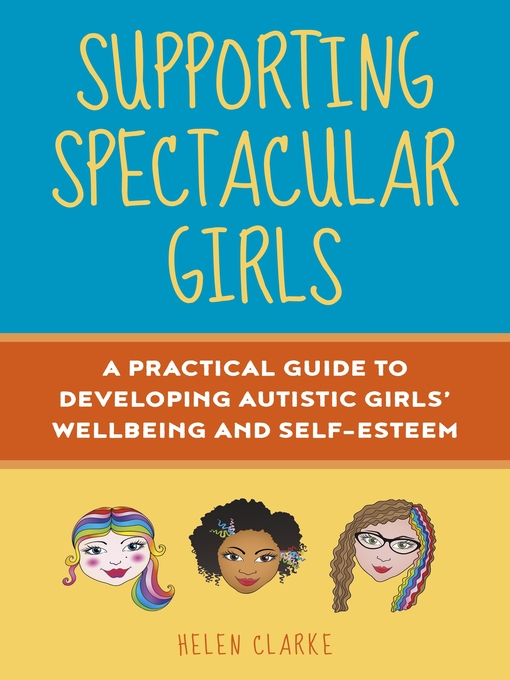
Summary:
Autistic girls can be frequently misunderstood, underestimated and therefore anxious in a school environment. This practical book offers an innovative life skills curriculum for autistic girls aged 11 to 15, based on the author's successful workshops and training, which show how to support girls' wellbeing and boost their self-esteem. Including an adapted PSHE curriculum, this is a straightforward guide to educating autistic children on the issues that matter most to them. It covers all essential areas of wellbeing, including communication, identity, self-regulation and triggers, safety, and physical and mental health, and offers the reader strategies to help the autistic girls in their lives enhance and develop these.
Borrow eBook
Borrow by mail or pick up in person at AIDE Canada Library
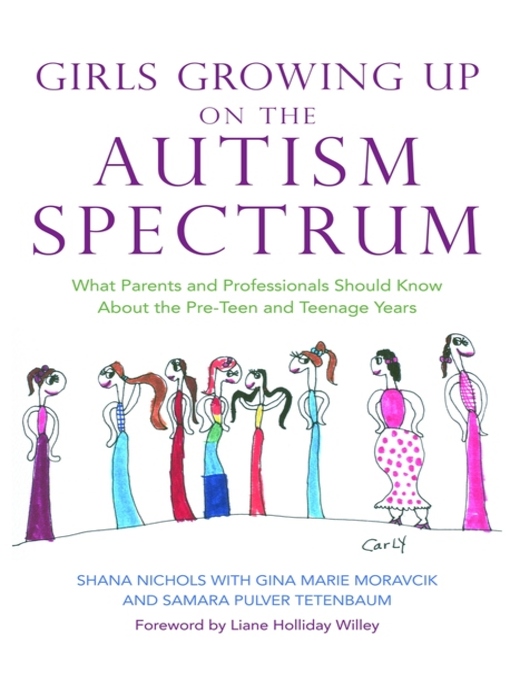
Summary:
Growing up isn't easy, and the trials and tribulations of being a teenager can be particularly confusing for girls with Autism Spectrum Disorders (ASDs). This book covers all the concerns commonly faced by girls with ASDs and their parents, from periods and puberty to worries over friendships and 'fitting in'. Taking a good look at these adolescent issues, and many more, within the context of specific areas of difficulty for girls with ASDs, the authors provide families with the knowledge and advice they need to help their daughters - and the whole family - through the teenage years. This book addresses core issues such as cognition, communication, behavior, sensory sensitivities, and social difficulties; it gives candid and realistic advice on a wide range of important teenage topics. Providing professional perspectives alongside personal experiences from mothers, daughters and educators, this is a unique and indispensable guide for families and their daughters with ASDs, as well as the teachers and professionals who work with them.”
Borrow eBook
Borrow by mail or pick up in person at AIDE Canada Library
Menstruation

The Centre for Autism Services Alberta presents The Menstruation Workshop. It discusses autistic perspectives on periods, and what possible challenges and questions that someone may have about menstruating. It also offers practical skills and strategies to teach youth and young autistic teens how to prepare for periods.
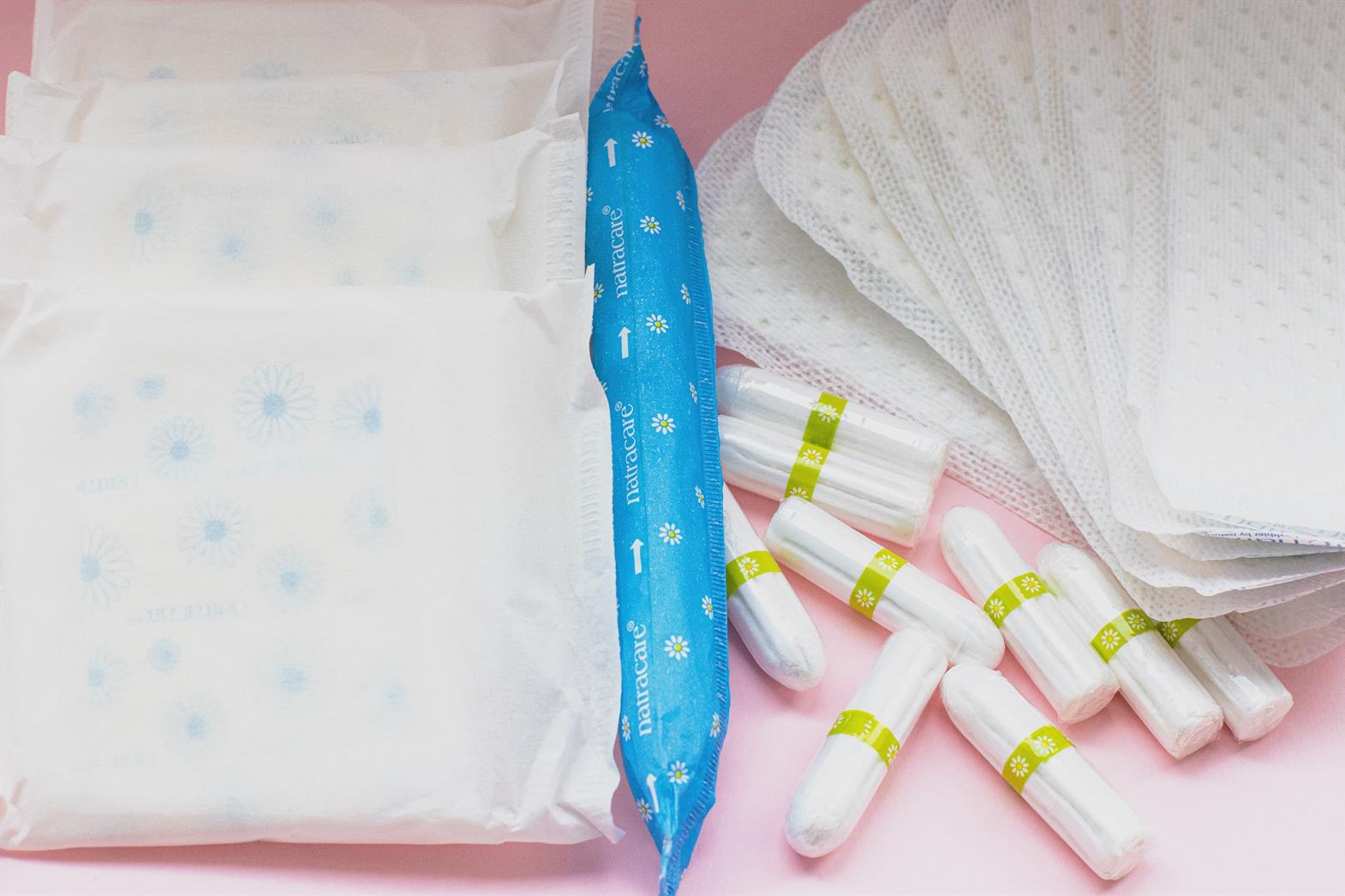
Autism Nova Scotia has created this toolkit for youth and their caregivers. It explores the four phases of the Menstrual Cycle; Menstrual, Follicular, Ovulation and Luteal, and explains some common period products and menstrual supplies that may be useful.
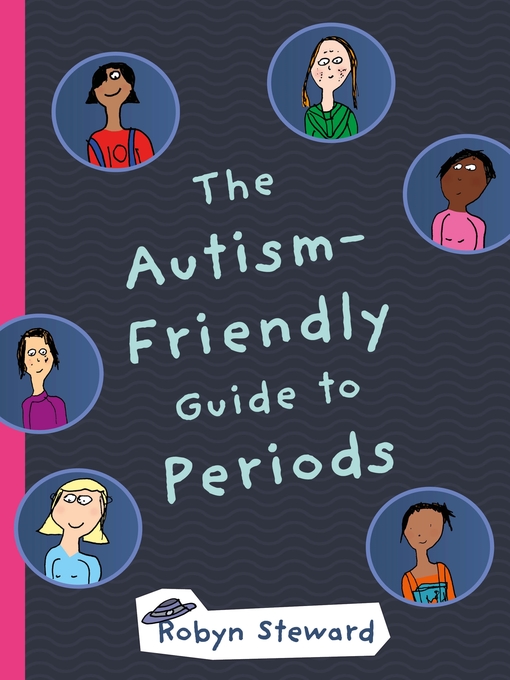
Summary:
Written by autistic author Robyn Steward, this is a detailed guide for young people aged 9 to 16 on the basics of menstruation. Created in consultation with young people, an online survey and a group of medical professionals, this is a book that teaches all people about periods, which can be a scary and overwhelming issue.
Promoting the fact that everyone either has periods or knows someone who does, the book reduces the anxiety girls face in asking for help. It offers direct advice on what periods look and feel like and how to manage hygiene and pain. It also breaks up information using flaps and step-by-step photos of how to change pads and tampons, it discusses alternatives to tampons and pads, and gives information about possible sensory issues for people with autism.
Borrow eBook
Borrow by mail or pick up in person at AIDE Canada Library
Pregnancy

Pregnancy can be both an exciting and scary time for all new parents. For new parents who are also Autistic, there can be additional concerns about how pregnancy will impact their sensory processing differences and anxiety if medical professionals will be supportive in the way they need, and if they will be able to maintain their physical and mental health throughout the pregnancy. This toolkit describes the latest research, prepares you for what you may experience, and provides guidance on how to best advocate for yourself during your pregnancy journey.

What does research tell us about the pregnancy outcomes and experiences of autistic women? In this webinar, an autistic self-advocate discusses her experiences. Then, three researchers discuss their investigations into perinatal health of autistic women, from preconception to postpartum. Together, the speakers talk about ways to create tailored resources for autistic women.

The International Society for Autism Research (INSAR) is the largest autism research organization in the world. This year's conference was held in Stockholm, Sweden on May 03-06. One focus this year was on pregnancy experiences in Autistic parents.
Women's Stories

Listen to the first Storytelling Video Series for the Bi pi maadzing zaagidwin teg jichaaming / Circle of Life in the Spirit of Love project. Developed by Surrey Place, the series reflects voices and perspectives from Indigenous caregivers and individuals with intellectual and developmental disabilities living in Northwestern Ontario. Our first episode features Joyce, a mother advocating for and supporting her son with autism in Kitchenuhmaykoosib Inninuwug First Nation, also known as Big Trout Lake, Ontario. The music is by Rest You Sleeping Giant (CC BY 4.0)

In this video autistic self advocate Elsbeth tells the story of her exeriencs concerning autism and self-injurious behaviour. This video was created in support of the AIDE Canada 2023 "Impossible Conference."

In this video autistic self advocate Maxine tells the story of her healthcare experiences as an adult. This video was created in support of the AIDE Canada 2023 "Impossible Conference."
Adult diagnosis

The International Society for Autism Research (INSAR) is the largest autism research conference in the world. At this year's conference, the topic of mental health conditions in autistic males and females was discussed. Rates of comorbid diagnosis, meaning being diagnosed with more than one health or mental health condition, are higher for autistic individuals compared to the general population. Few research studies have looked at these rates in autistic males vs. females. Researchers found that autistic females were more likely than autistic males to have one or more comorbid diagnoses. Potential reasons for the difference are discussed along with links to a self-assessment questionnaire and additional resources.
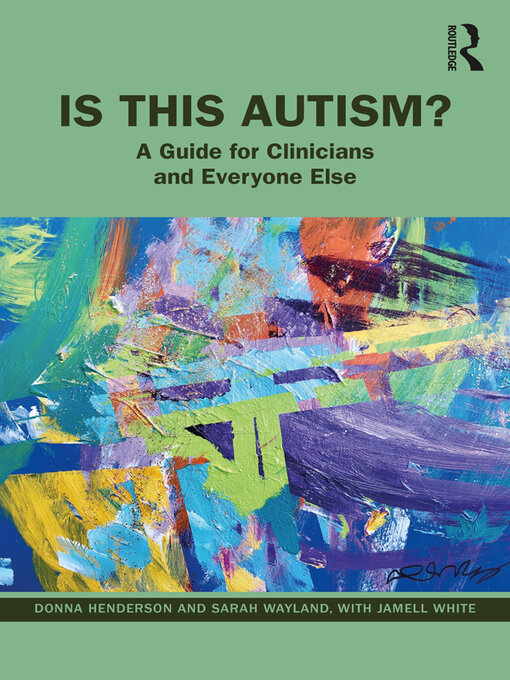
By Donna Henderson and Sarah Wayland (2023)
Summary:
Though our understanding of autism has greatly expanded, many autistic individuals are still missed or misdiagnosed. This highly-readable book clarifies the many ways that autism can present, particularly in people who camouflage in order to hide their autistic traits. The authors take the reader step-by-step through the diagnostic criteria, incorporating the latest research as well as quotes from over 100 autistic contributors that bring that research to life. They also describe the many aspects of autism that are not included in the current diagnostic criteria, such as autistic strengths and co-occurring disorders. Readers will learn about highly relevant topics, such as different types of empathy, sensory systems that are not well known, neuro-crash and burnout, and relative vs. absolute thinking. This book provides a deep, current, and neurodiversity-affirmative understanding of the less obvious presentations of autism. It is relevant to all healthcare professionals, educators, family members, autistic individuals, and anyone who is curious about autism.
Borrow eBook
Borrow by mail or pick up in person at AIDE Canada Library
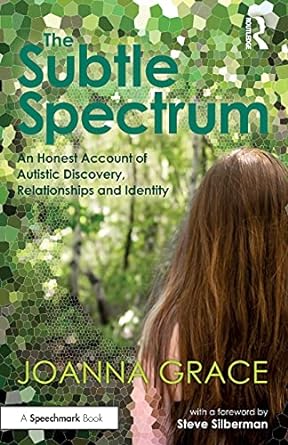
Summary:
Am I autistic, or is autism something I suffer from? Should I come out, to my friends, to my family, to the people I work with? Should I drop the mask? How can I explain my experience to a neurotypical world? The Subtle Spectrum offers an exploration into the postdiagnostic landscape of autism and the transformative journey of one woman, from her awareness of difference, through acceptance, to an embracing of autistic identity and beyond as she questions the cultural identity of autism.
Borrow by mail or pick up in person at AIDE Canada Library
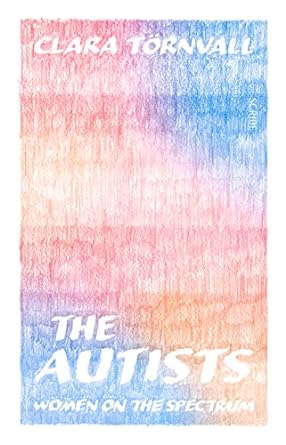
Summary:
An incisive and deeply candid account that explores autistic women in culture, myth, and society through the prism of the author's own diagnosis.
Borrow eBook
Borrow by mail or pick up in person at AIDE Canada Library
Autism & Gender

This Infographic is a brief summary of a Toolkit, by Dr. Glenis Benson, addrssing educators, parents, and yet-to-be diagnosed females, transgendered and nonbinary individuals about an alternative presentation of autism. The ratio of males to females appears to be much lower than previously thought. Obstacles to diagnosing those who do not present with the male phenotype are revealed, and the overlap with sexual and gender minorities and with eating disorders are exposed. Problems with the classification system and diagnostic tools are illuminated and alternative tools are identified.

This Toolkit is intended to inform educators, parents, and yet-to-be diagnosed females, transgendered and nonbinary individuals about an alternative presentation of autism. The ratio of males to females appears to be much lower than previously thought. Obstacles to diagnosing those who do not present with the male phenotype are revealed, and the overlap with sexual and gender minorities and with eating disorders are exposed. Problems with the classification system and diagnostic tools are illuminated and alternative tools are identified.

This webinar focuses on the important relationship between autism, gender expression and sexuality. Dr. Wenn Lawson and Yenn Purkis share their experiences and offer guidance in navigating neurodiversity as it relates to sexual identity and expression. This session will feature Dr. Lawson and Yenn Purkis covering key elements of development, identity and self-expression.


